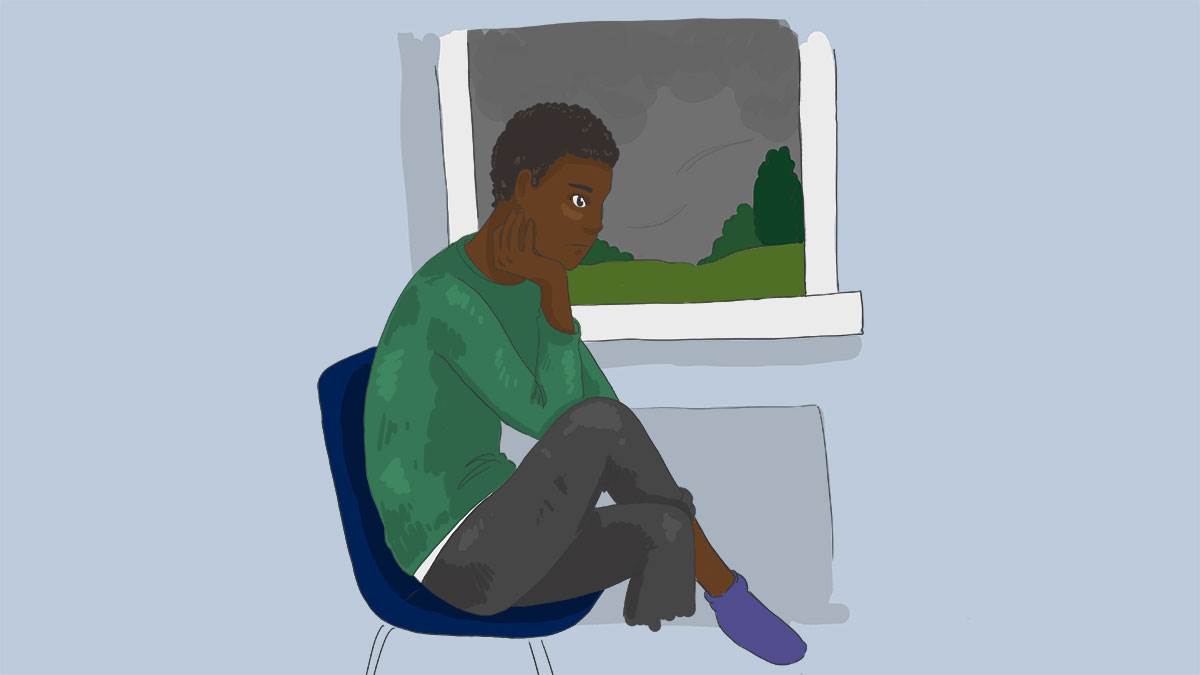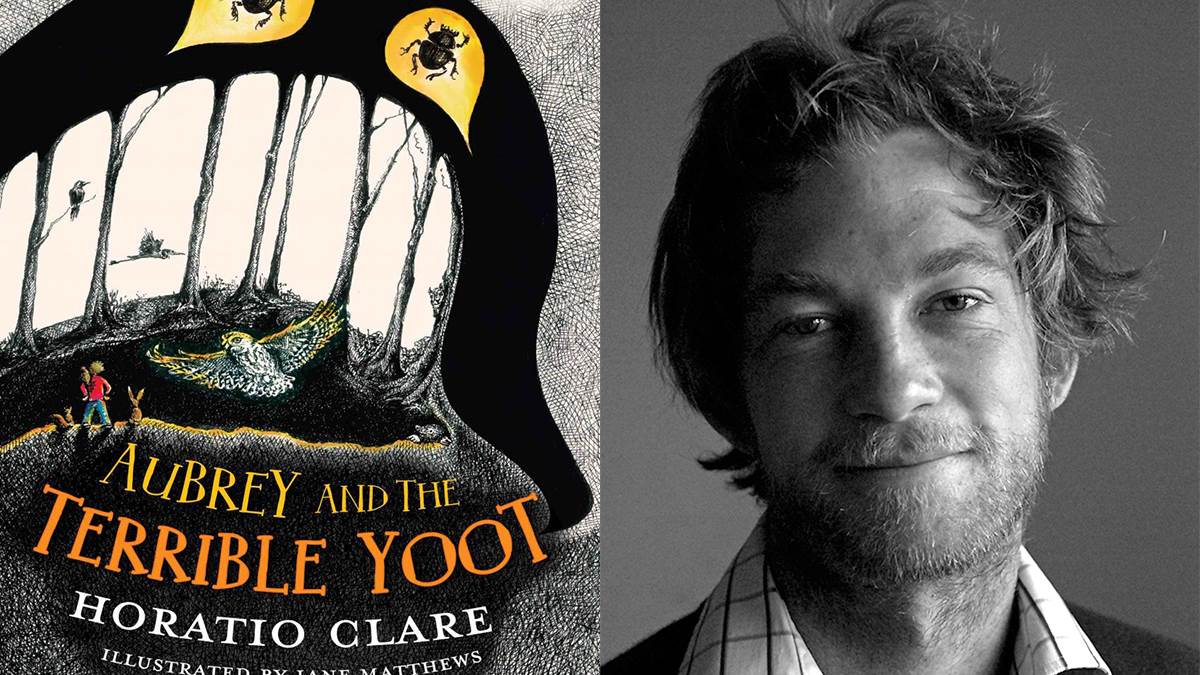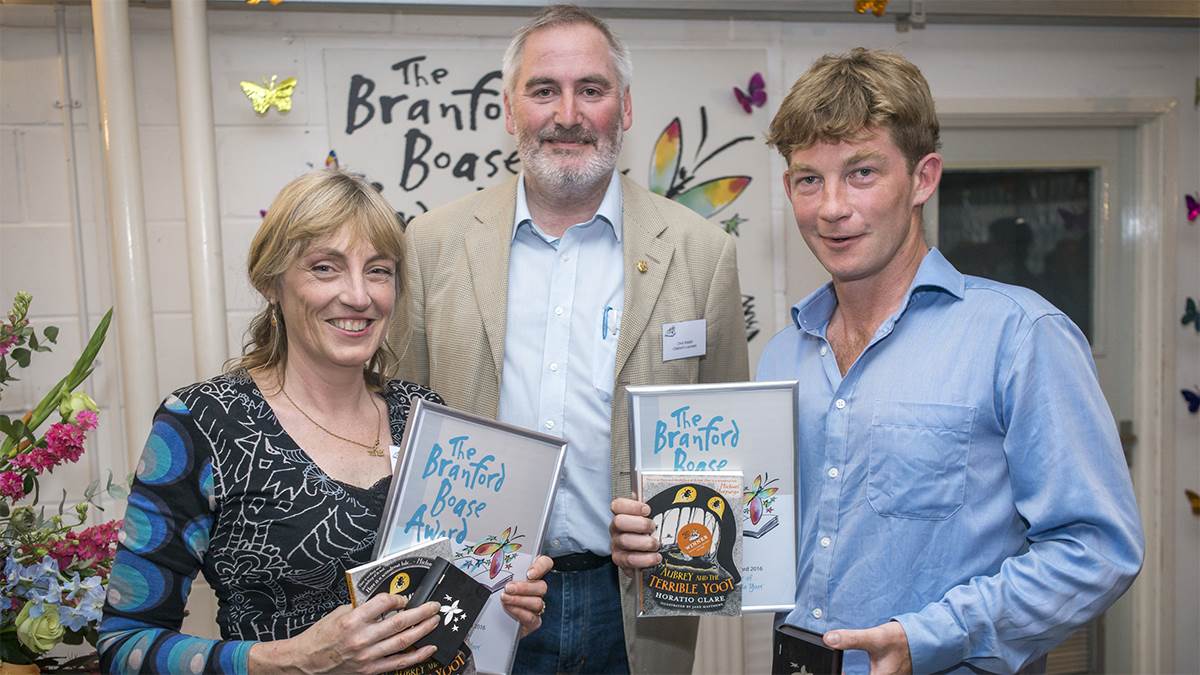How to use books to talk about depression with your child
Published on: 08 July 2016 Author: Sophie Offord
What if you're a parent, struggling with depression, and don't know how to reassure your child? There may be a book that can help.

According to the charity Mind, one in four people in the UK experience a mental health problem each year. Two to three in every 100 will deal with depression.
If you're a parent or carer struggling with the condition, it may be difficult to know how to talk about the situation with your child. Sometimes a children's book can help open up a conversation or reassure them your family is not alone.
Now writer Horatio Clare has won the Branford Boase Award for a book that does just that.

Prize-winner about depression
Aubrey and the Terrible Yoot, which won the prize for an outstanding debut children's novel, describes how young Aubrey receives help from wild animals to break the depression that is weighing down his father.
The source of the depression is a beetle (the Terrible Yoot) - and through their encounter with it, Aubrey and his father discover the infinite wonder of the world.
So does Horatio Clare have advice on tackling such a big, weighty issue for children?

What inspired you to write Aubrey?
I was inspired by having a son, by reading many children's books, and by having a story to tell about the Universal Terror of Existence!
What do you feel is important when writing about sensitive issues like anxiety and depression for children?
Truthfulness, humour, commitment.
Children can sometimes feel responsible when bad things happen within the family. How did you address this in Aubrey?
They are not responsible and should never feel they are. You have to be firm and straight with them - I tried to be.
The book has a great sense of love for the natural world and animals. How important is it, do you think, for children to relate to animals and the natural environment?
As for adults, nature is comforting, instructive, inspirational. I try to remain a child, and guard that childish sense of ecstasy when with nature.
You've written for adults before but this is your first children's book. What's different about writing for young readers?
It's tremendous fun. No sense of a reader's agenda, only their hunger for truth, incident, laughter - and something transcendent, which I remember well, but struggle to explain.





